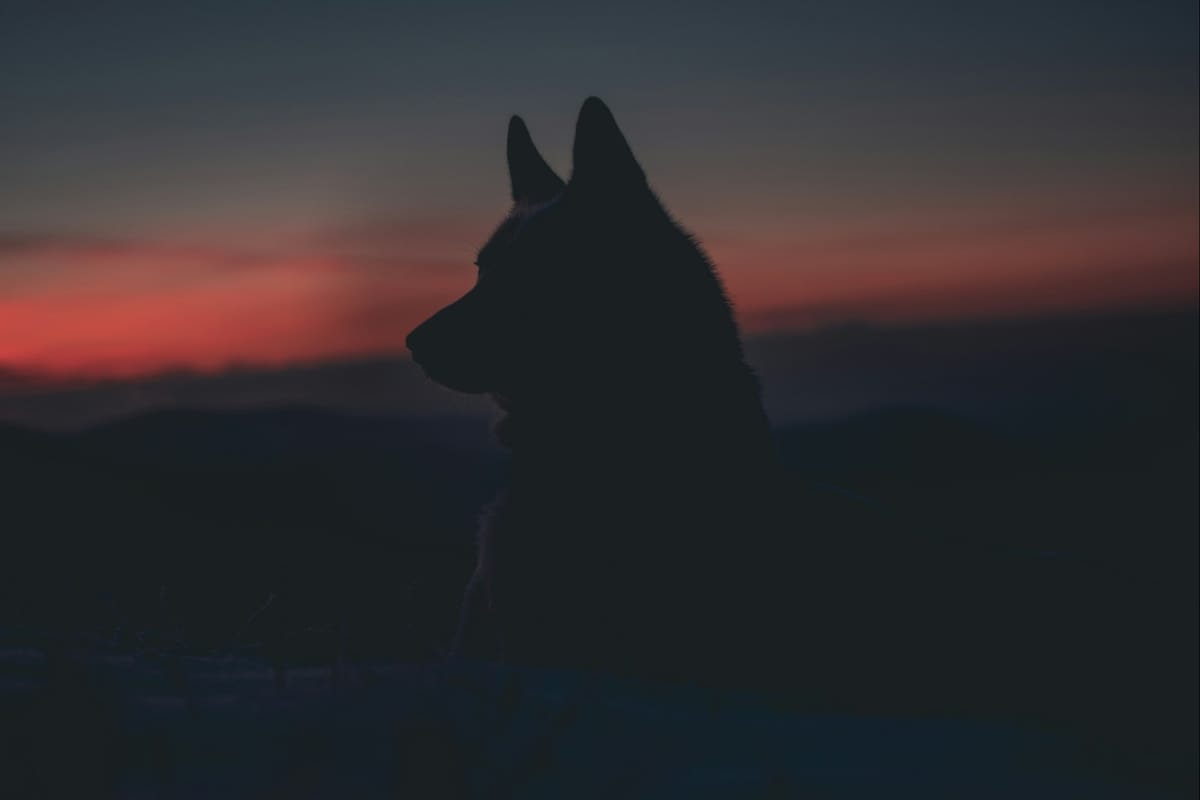Which Animal Would I Compare Myself To and Why?
If I were an animal, I’d be a wolf—adaptable, strategic, and a natural leader. I thrive in teamwork, embrace challenges, and navigate change with resilience.

If I had to compare myself to an animal, I’d be a wolf. It's not just because it sounds cool. Though, let’s be honest, it does. Wolves embody leadership, adaptability, and strategy, all of which define my approach to work and life. As a Production Manager, I’ve come to realize that success isn’t just about individual brilliance. It’s also about understanding the pack. It's about knowing when to lead and when to collaborate.
Wolves are natural leaders, but they don’t lead through brute force—they lead by example. In my role, I’ve learned that a title doesn’t make you a leader. Your ability to inspire and support your team does. A wolf pack thrives because every member knows their role. I work hard to create the same synergy in my team. I believe in creating an environment where each person’s strengths are recognized and utilized effectively. Micromanaging? That’s for animals that don’t trust their team. Wolves—and effective managers—know that real strength lies in empowerment, not control.
Another reason I relate to the wolf is its remarkable adaptability. Wolves survive in forests, mountains, deserts, and frozen tundras, adjusting to their surroundings with ease. In my field, the landscape is always changing—new technologies emerge, client demands shift, and production timelines fluctuate. Being adaptable isn’t just an advantage; it’s a necessity. I’ve faced situations where everything seemed to be falling apart. Tight deadlines, unexpected bugs, and last-minute changes tested me. Like a wolf navigating a harsh winter, I’ve learned to adjust, stay resilient, and find solutions instead of excuses.
The "lone wolf" is a common misconception—while some wolves do venture out alone, most thrive in packs. The same applies to my work. While I enjoy deep focus sessions, I love diving into complex problem-solving. I know that no great product is built in isolation. Collaboration is the key to innovation. A well-functioning team, much like a well-organized wolf pack, moves with purpose and efficiency. Whether it’s working with developers, designers, or QA testers, I recognize that success isn’t about individual effort. It emphasizes how well we collaborate.
Communication is another wolf-like trait I’ve embraced. Wolves don’t have Slack or Zoom, yet they coordinate with precision using howls, body language, and signals. In my role, effective communication is everything—clear expectations prevent confusion, and transparency fosters trust. I make sure my team stays aligned on project goals. I also handle concerns before they escalate. I’ve learned that the way you communicate can make or break a project. A well-timed message, much like a wolf’s call, can rally a team and keep them moving in the right direction.
Ultimately, wolves are strategic, resilient, and community-driven—qualities that resonate deeply with me. They don’t fear change; they embrace it, learn from it, and use it to grow stronger. That’s exactly how I navigate my professional and personal journey. If I had to choose an animal that defines me, the answer is clear. I’m a wolf. I lead my pack through the ever-changing terrain of technology and teamwork.